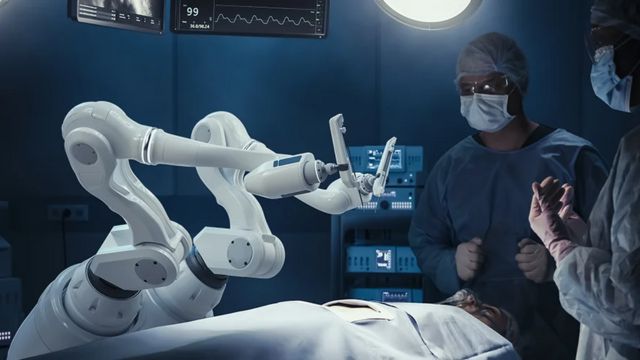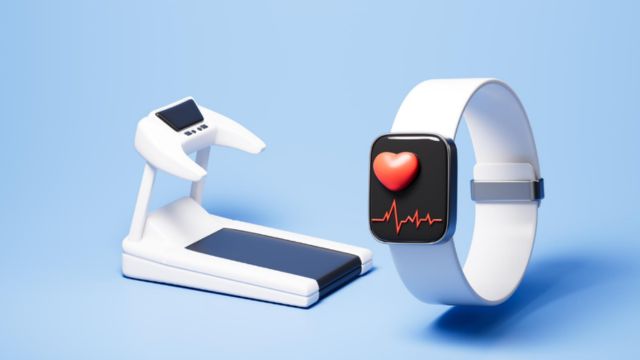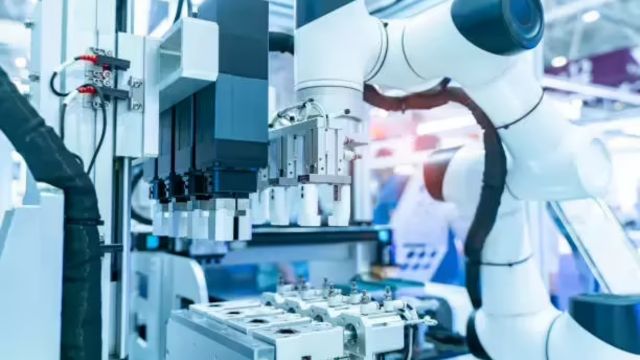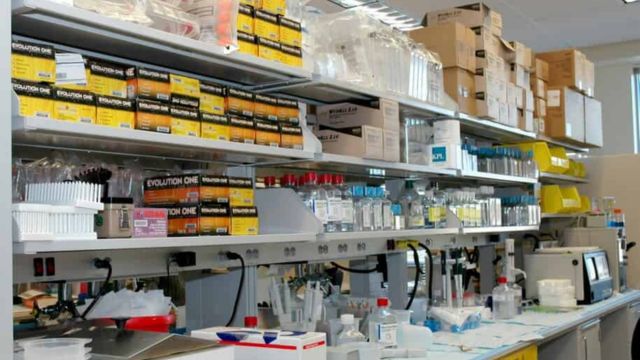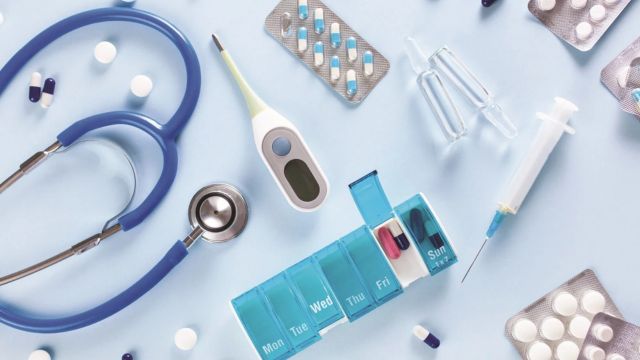Precision medicine has become a transforming tool for therapy in the fast expanding realm of healthcare. This profession customizes medical treatment for every patient’s unique traits including their genetic composition, surroundings, and way of life. Making precision medicine successful depends critically on the inclusion of modern technologies into surgical tools. Still, the improvement and optimization of these tools would not be feasible without the great help of clinical engineers. These experts are indispensible in the contemporary medical area since they guarantee that surgical tools satisfy the best criteria of safety, efficiency, and accuracy.
What is Clinical Engineering?
Within biomedical engineering, clinical engineering is a specialist field emphasizing the application of engineering ideas and methods to healthcare. Design, development, and maintenance of medical equipment fall to clinical engineers, who also guarantee that it runs safely and effectively for use in clinical environments. Particularly with regard to precision medicine, these experts collaborate closely with surgeons, medical teams, and manufacturers to adapt and improve medical devices to satisfy the demands of patients.
You may like this: How Clinical Engineers Assist in the Development of Biocompatible Medical Devices
Enhancing Surgical Equipment for Precision Medicine
Precision medicine is customised therapies and interventions fit to each patient’s unique traits. To reach this, surgical tools have to be sophisticated, flexible, and able to yield quite accurate findings. Making sure surgical equipment meets the requirements of precision medicine depends mostly on clinical engineers.
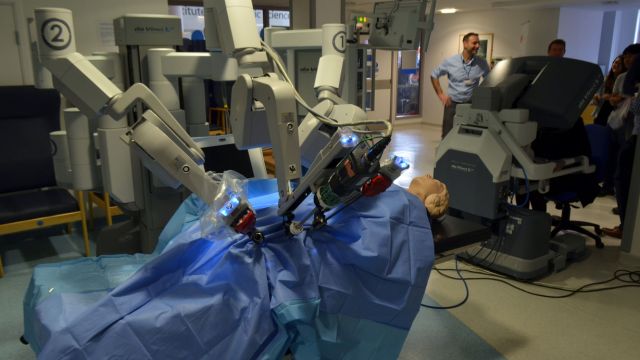
1. Customization and Adaptability of Equipment
Customizing surgical equipment to fit the particular demands of patients undergoing precision medicine treatments depends on clinical engineers, who are absolutely indispensable. For instance, in cancer, treating patients depending on their genetic profiles depends on the deployment of customized surgical tools. Working with manufacturers and medical teams, clinical engineers can modify equipment design, functioning, and settings to fit the particular demands of a patient, therefore guaranteeing the best possible surgical outcomes.
2. Integration of Advanced Technologies
Precision medicine depends mostly on including cutting-edge technologies, including robotics, artificial intelligence (AI), and machine learning into surgical equipment. Clinical engineers guarantee that these technologies are correctly incorporated into surgical equipment, therefore enhancing their intelligence and capacity to carry out difficult operations with more accuracy. Robotic-assisted operations, for instance, can be customized and fine-tuned depending on a patient’s genetic and medical data, therefore producing more exact treatments with less consequences. Ensuring these systems are functional, safe, and flexible for many kinds of operations falls to clinical engineers.
3. Improving Precision and Minimizing Risks
Precision medicine’s primary objectives are to raise the accuracy of medical treatments so lowering the risks and consequences involved. Clinical engineers improve surgical tools to offer more accuracy and control, therefore contributing to this. In minimally invasive procedures, when even the smallest mistake can have major repercussions, this is especially crucial. While lowering patient recovery periods, clinical engineers assist in the development of technologies enabling surgeons to perform extremely exact incisions and corrections. Clinical engineers also help to maximize the functionality of imaging tools, surgical robots, and monitoring equipment so that these instruments may provide exact data for instantaneous decision-making.
4. Testing and Validation of Surgical Equipment
Before surgical tools are applied in precision medicine treatments, they have to be thoroughly tested and validated. These tests are carried out by clinical engineers to guarantee that the equipment runs as expected within a given range of circumstances. Simulating real-world events, running stress testing, and guaranteeing measurement accuracy all part in this. Minimizing the possibility of equipment malfunction during operations is mostly dependent on this validation process, thus compromising patient safety could result.
5. Ensuring Regulatory Compliance and Safety Standards
Patient safety takes front stage in the realm of healthcare. Working hard to guarantee that all surgical tools follow FDA rules and ISO standards as well as other regulatory criteria and safety guidelines, clinical engineers This include making sure medical equipment satisfies criteria for quality assurance and is under constant performance. Clinical engineers have to make sure that highly specialized equipment used in precision medicine is always calibrated and upgraded to satisfy the most current safety and quality criteria.
6. Collaboration with Surgical Teams
Clinical engineers create work beyond only equipment design and maintenance. To make sure surgical tools satisfy the functional requirements of the medical team, they also closely work with surgeons, doctors, and other medical specialists. Clinical engineers support and provide continuous training to enable surgical staff members be competent in applying cutting-edge equipment and technology. This cooperation enriches the experience for patients and medical teams as well as helps surgeries to be generally successful.
You may like this: How Clinical Engineers Handle the Integration of New Technologies with Legacy Medical Equipment
Conclusion
One cannot stress the part clinical engineers play in improving surgical tools for precision medicine. Their driving force is the customizing, integration, and optimization of surgical tools, so guaranteeing that precision medicine may be provided safely and successfully. Working behind the scenes, clinical engineers improve the accuracy, dependability, and safety of medical equipment, therefore enabling healthcare practitioners to carry life-saving operations with more confidence and precision. The value of clinical engineers will only increase as technology develops to guarantee that medicine’s future is both exact and individualized.
At J and J Supplies, we understand the crucial role of clinical engineering in advancing medical technology. Stay informed with the latest updates in medical supplies, clinical engineering, and healthcare innovations. Subscribe to our newsletter today for insightful content, expert opinions, and more, directly related to enhancing your medical practices and facilities.

